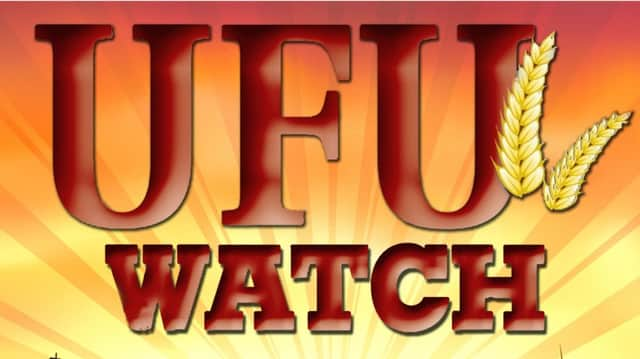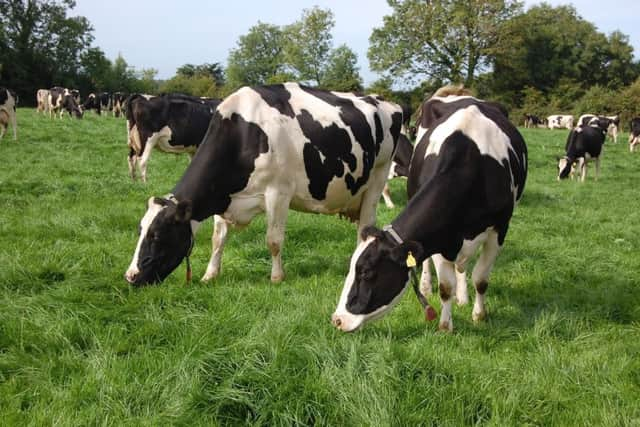Committees begin to discuss DAERA TB consultation


At this stage, UFU central committees view the release of the consultation as long overdue given the upward spiral of disease incidence in Northern Ireland. However, its contents represent a mixed bag for farmers.
The consultation covers a wide range of topics including a proposed change in governance structures which seeks to give industry greater ownership and involvement of individual farmers in understanding and tackling their local disease situation. It also seeks to improve how DAERA can better use the tools currently at the Department’s disposal to shorten the duration of a herd breakdown by ensuring that TB has been fully removed from a herd as quickly as possible.
Advertisement
Advertisement
These measures include the more targeted use of the Gamma Interferon (IFNG) blood test and compulsory removal of IFNG reactors which the UFU has historically been in favour of, but also more contentious measures such as preventing restocking until after the first subsequent herd retest; this, whilst helping to overcome limitations in the skin test (which due to its current sensitivity may leave behind some infected animals which prolongs the duration of some herd closures due to infection of newly purchased animals), would also pose a serious challenge for the beef supply chain which relies upon the ability of finishers to buy in cattle.


Additionally, it would also pose a significant cash flow challenge for dairy herds which suffer a large breakdown and are unable to buy in replacements.
The consultation also includes a series of proposals designed to reduce the risk of introducing TB into a herd. These include a number of measures that the UFU has historically been in favour of such as addressing the issue of TB in the wildlife reservoir and a move towards more information being available to buyers to minimise their risk of buying in infected animals.
However, it also covers a number of measures that are more contentious such as the potential introduction of segregation notices which, whilst aiming to protect TB free herds from disease introduction from infected neighbouring herds, would also potentially pose a serious challenge for a closed herds which could no longer move animals to different land parcels for grazing and housing.
Advertisement
Advertisement
Key amongst all of the recommendations is how future TB policy is to be paid for. At this stage, the UFU’s central policy committees are aware that ultimately the proposed expansion of the TB eradication plan needs to be adequately resourced if it is to deliver results. Additionally, they also recognise the backdrop of the wider UK government’s budget reduction plans and the fact that DARD/DAERA’s budget has been substantially reduced since 2010 (by almost £90 million).


Within this financial backdrop, DAERA has recommended a number of changes to the compensation arrangement and that farmers pay for one annual herd test per year which would pass approximately £10 million of costs from the tax payer onto industry, thereby releasing money back into the public purse which would provide DAERA the opportunity to seek the additional resources necessary to support the other measures proposed by the TBSPG.
At this stage, whilst aware of the broader financial realities, UFU committees are extremely concerned by these proposals which would impact heavily on farmers. Additionally, they are concerned that simply freeing up the money to government provides no guarantee that politicians will eventually spend the money on measures which farmers consider to be necessary (e.g. control of TB in wildlife) when placed against competing priorities such as the NHS or education.
In order to address this concern, committees have been looking at alternative funding models from around the world, including New Zealand, Ireland and England, where farmers contribute into the eradication plan. During the next month and a half, our committees will be meeting to finalise their positions on this important topic, so if you would like to contribute your views, please contact your local livestock committee representative or myself to discuss.